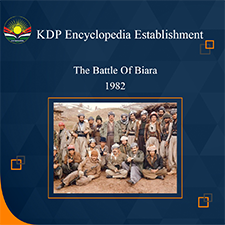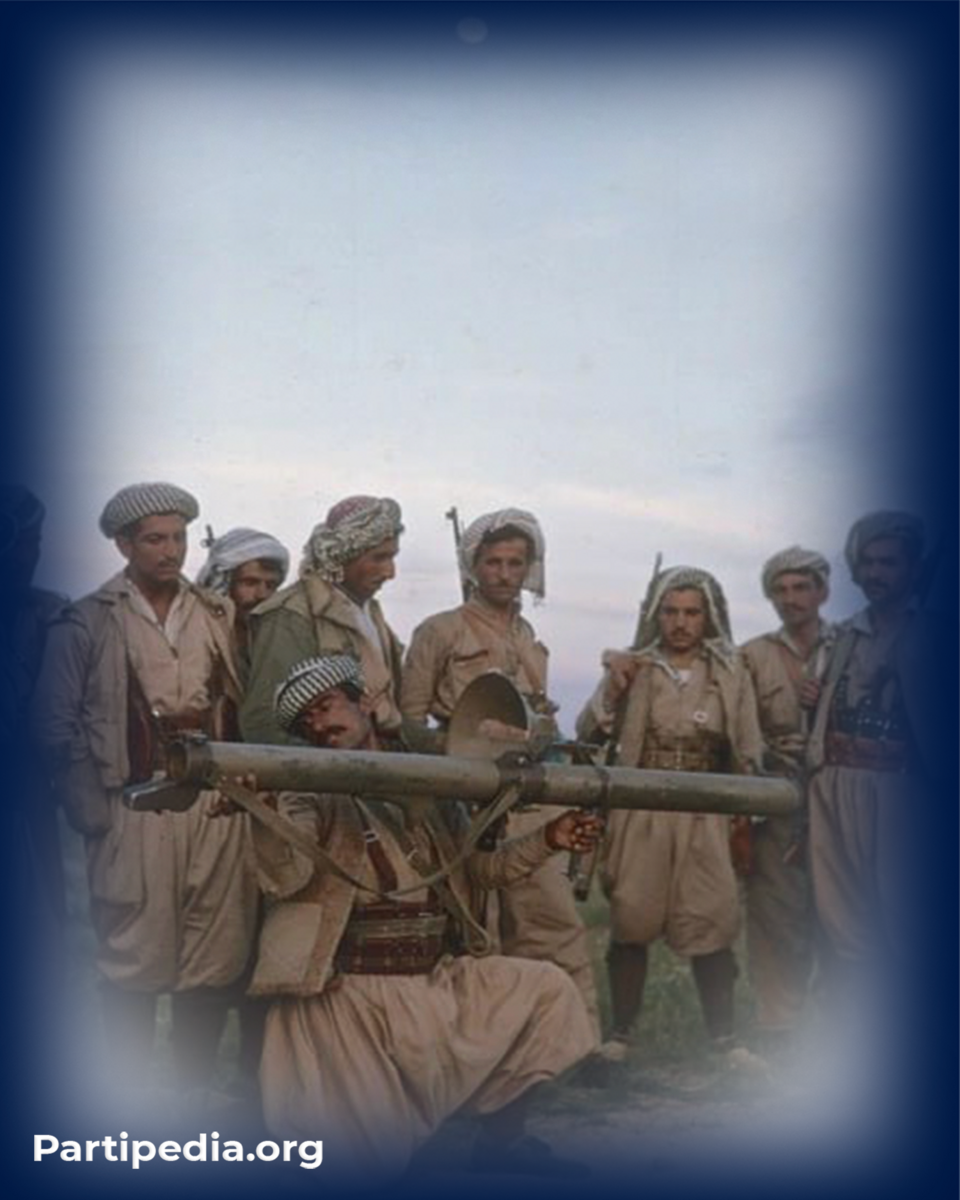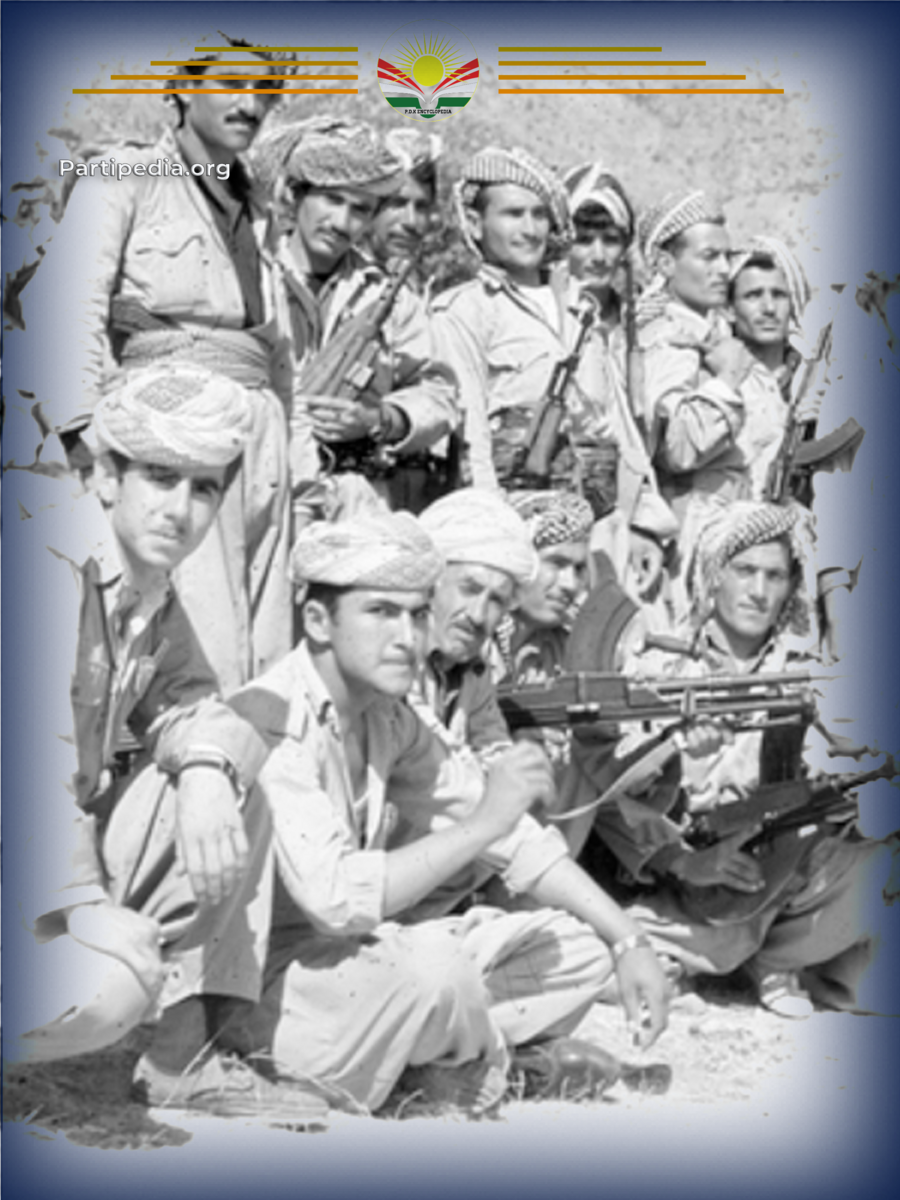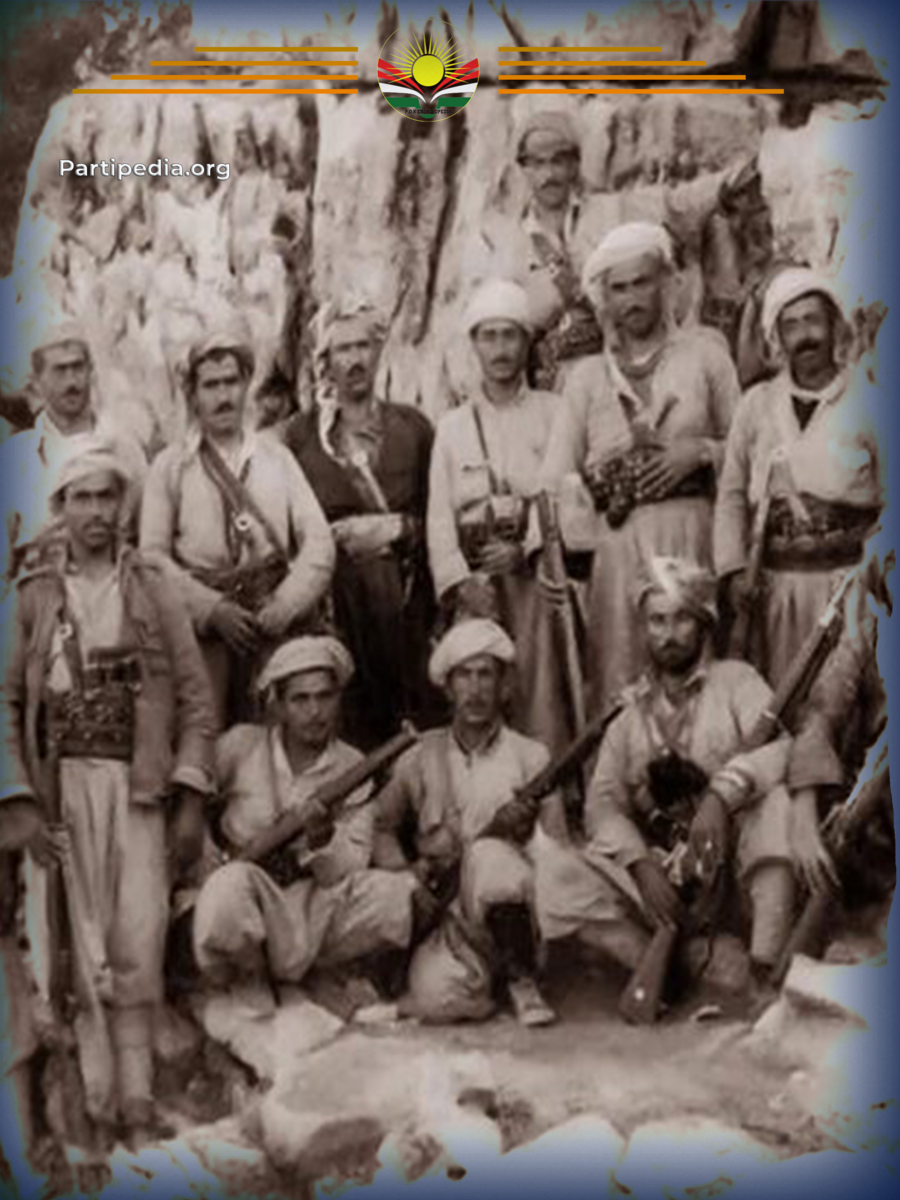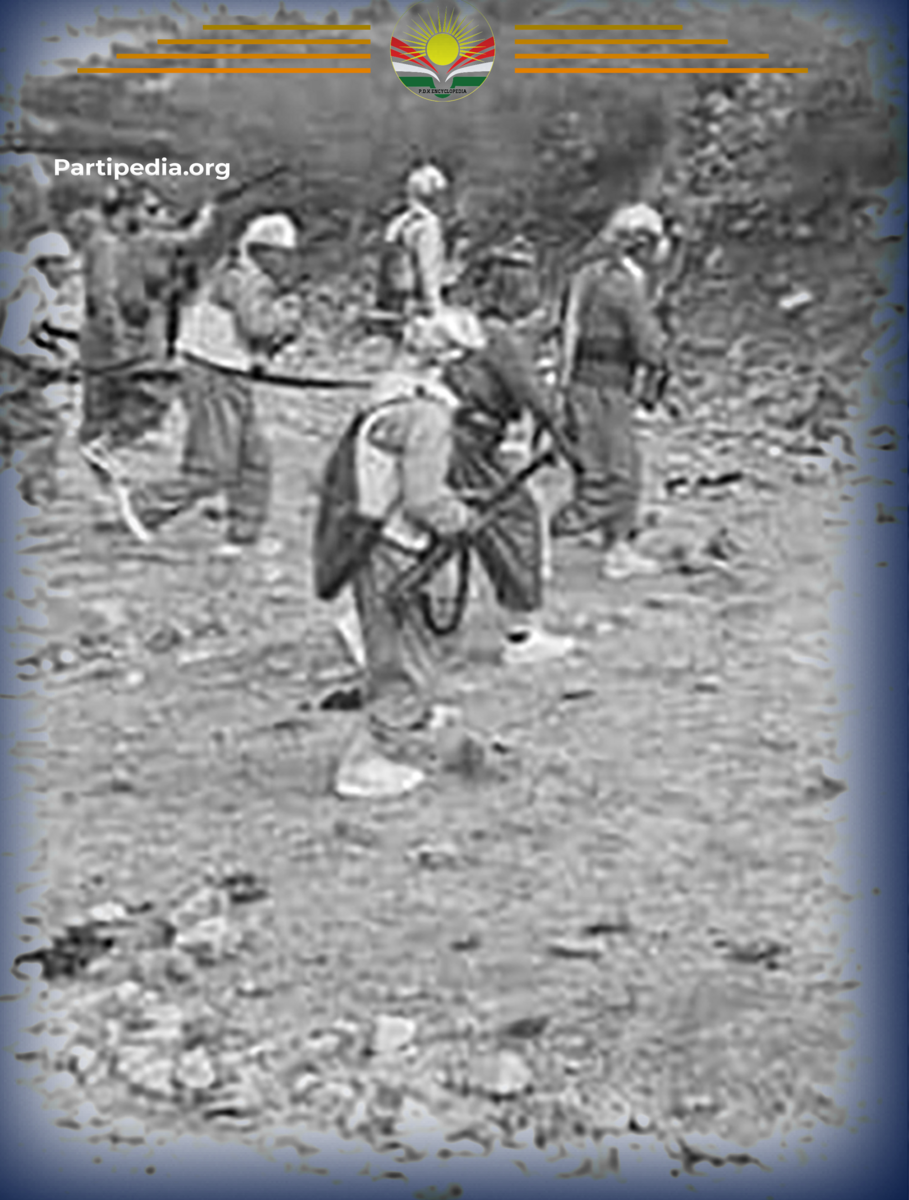Throughout the country the Peshmerga movements and activities were increasing. The Peshmerga Forces were constantly in the countryside and even in the cities and towns liberating them and fighting against the hateful Iraqi army. Additionally, the Peshmerga Forces would also launch tactical operations where the main focus was to strengthen their ranks and positions in the cities. Moreover, they would also go undercover and destroy the possessions of the Iraqi army and kill their soldiers. The astute peshmergas tactics were overwhelming for the Iraqi army which caused fear and confusion among their ranks[1].
Under Nader Hawrami's leadership, the Kurdistan Peshmerga Forces launched a massive attack on Iraqi army bases near Biara and Shram in December 1982. The attack lasted several days due to the vastness of the area. However, the brave Peshmerga Forces were able to seize control of the region and severely harm the government forces as a result. In the battle, several people were killed and wounded, and 45 soldiers were taken prisoner by the Peshmerga, along with several other gains, which consisted of several pieces of weapons, equipment and military alliances. Unfortunately, The Peshmerga took some damage to their ranks as well. Four Peshmergas named Sulaiman Shamirani, Majnoon Hawrami, Hassan Shirmari and Omar Brakhas were martyred and several others were wounded[2].
There was a war between Iran and Iraq that began on September 22, 1981, known as the Eight Years War[3]. Unfortunately, most of the border between the two states passed through Kurdistan, so the border areas became the battlefield of both states. Biara and Tawela were among the areas that were hit by the fighting, so the Peshmerga forces participated in the fighting and as a result they were able to capture a large amount of the area. However, they withdrew from the region at Tehran's decision, which surprised the Peshmerga and the revolutionary leadership since they suddenly decided to withdraw, as if Iran did not want to provoke Arab sentiment.
It was at this time that the Ba'ath government destroyed Sherwan Mazni district and moved the population to the areas around Erbil[4]. Moreover, the Iraqi government's decision was done for two reasons: one was a violent reaction to the participation of the Peshmerga in the attacks on the border areas, and the other was the Iraqi government's fear of the Kurdish population if they decide to help the Peshmerga to take over the area like Biara.
Source:
- مهسعود بارزانی: بارزانی و بزوتنهوهی ڕزگاریخوازی كورد، بهرگی چوارهم، 1975-1990 شۆڕشی گوڵان، بهشی دووهم، چاپی یهكهم، چاپخانهی ڕوكسانا، 2021.
- حاجی میرخان دۆلهمهری: گهڕان بهدوای نهمرێدا، بهرگی دووهم، چاپی دووهم، كوردستان – 2021، ل244.
- نوری حهمه عهلی: مێژووی تێكۆشانی پێشمهرگهیهك له نێوان ژیان و مهرگدا، چاپخانهی شههاب، چاپی دووهم، ههولێر – 2016.
[1] نوری حهمه عهلی: مێژووی تێكۆشانی پیشمهرگهیهك له نێوان ژیان و مهرگدا، چاپخانهی شههاب، چاپی دووهم، ههولێر – 2016، ل68.
[2] مهسعود بارزانی: بارزانی و بزوتنهوهی ڕزگاریخوازی كورد، بهرگی چوارهم، 1975-1990 شۆرشی گوڵان، بهشی دووهم، چاپی یهكهم، چاپخانهی ڕوكسانا، 2021، ل59.
[3] حاجی میرخان دۆلهمهری: گهڕان بهدوای نهمرێدا، بهرگی دووهم، چاپی دووهم، كوردستان – 2021، ل244.
[4] مهسعود بارزانی: ههمان سهرچاوه، ل59.




